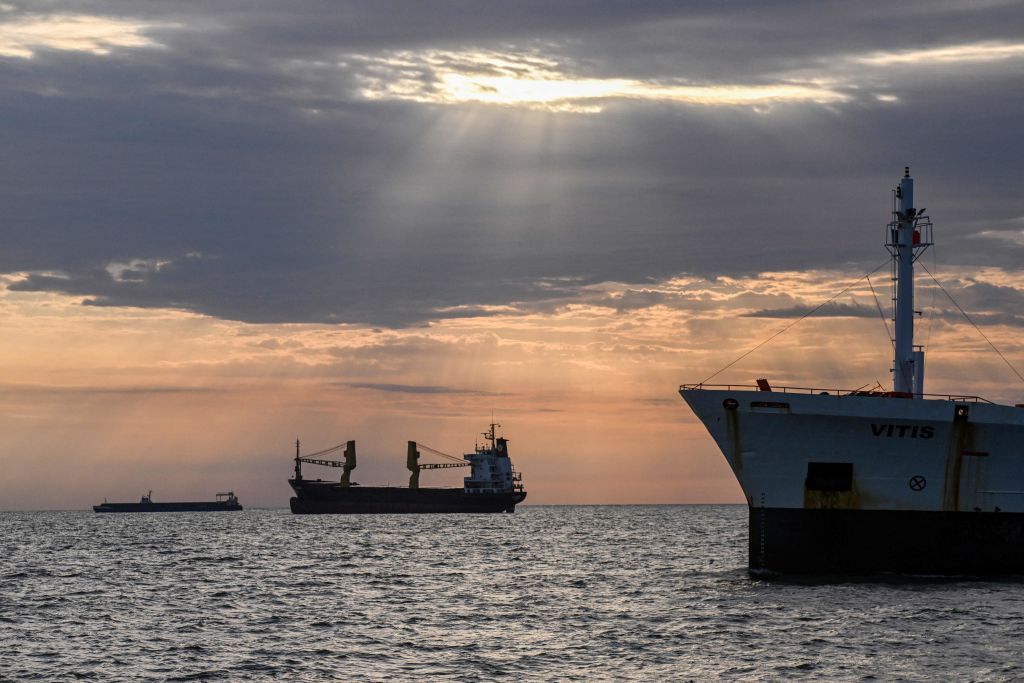Latvian Railways proposes exporting Ukrainian grain via Baltic ports

Ukraine could export up to 1 million tons of grain per year through Latvia's ports on the Baltic Sea, Rinalds Plavnieks, the CEO of state-owned Latvian Railways, said on Aug. 15.
Speaking to Latvia's public broadcaster, Plavnieks said he initially thought the option was "impossible on an industrial scale," but developments in logistics technology meant shipments via rail could start this autumn.
One issue is that the trains would have to travel through Poland to reach Latvian ports, requiring two reloadings of cargo, as Latvia and Ukraine use a different railway gauge to Poland, he said.
However, Plavnieks believes that "there is now an opportunity for Ukrainian grain," as reloading capabilities have developed and sped up the process.
He said that there was the potential for 500,000 tons to 1 million tons of Ukrainian grain per year to be transported through Latvia.
Plavnieks added that there has been a meeting with the Ukrainian ambassador to Latvia and that Latvian Railways employees visited Ukraine last week.
Other EU countries have also suggested ways to help Ukraine export its grain after Russia withdrew from the Black Sea Grain Initiative on July 17, effectively terminating the deal.
The agreement, brokered in July 2022 by Turkey and the U.N., allowed Ukraine to export its agricultural products through its Black Sea ports.
Shortly after the withdrawal, Russian forces began systematically targeting Ukrainian ports and agricultural infrastructure.
Romania plans to increase the transit capacity of Ukrainian grain from 2 million metric tons to 4 million every month, Transport and Infrastructure Minister Sorin Grindeanu said on Aug. 11.
Poland asked the European Union for an investment of 1 billion euros ($1.1 billion) so that Warsaw can increase its capacity for transiting Ukrainian grain, the Polish Press Agency (PAP) reported on Aug. 4.
The Ukrainian Grain Association reported in August that "favorable weather conditions and better-than-expected crop yields" have pushed up forecasts for Ukraine's harvest this year.
The association expects the country to harvest 76.8 million tons of grain and oil seed crops, like sunflower and flax, in 2023.













